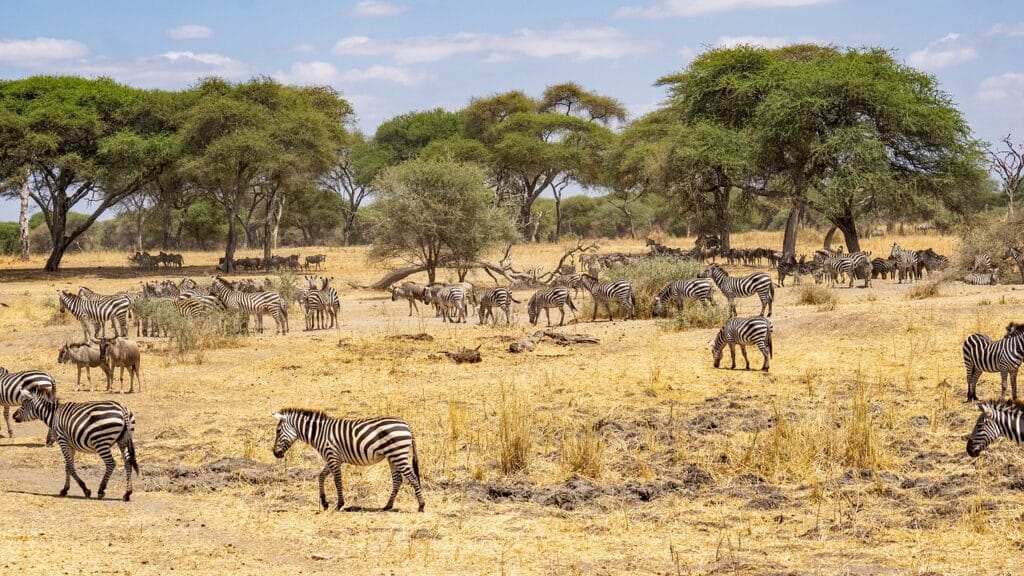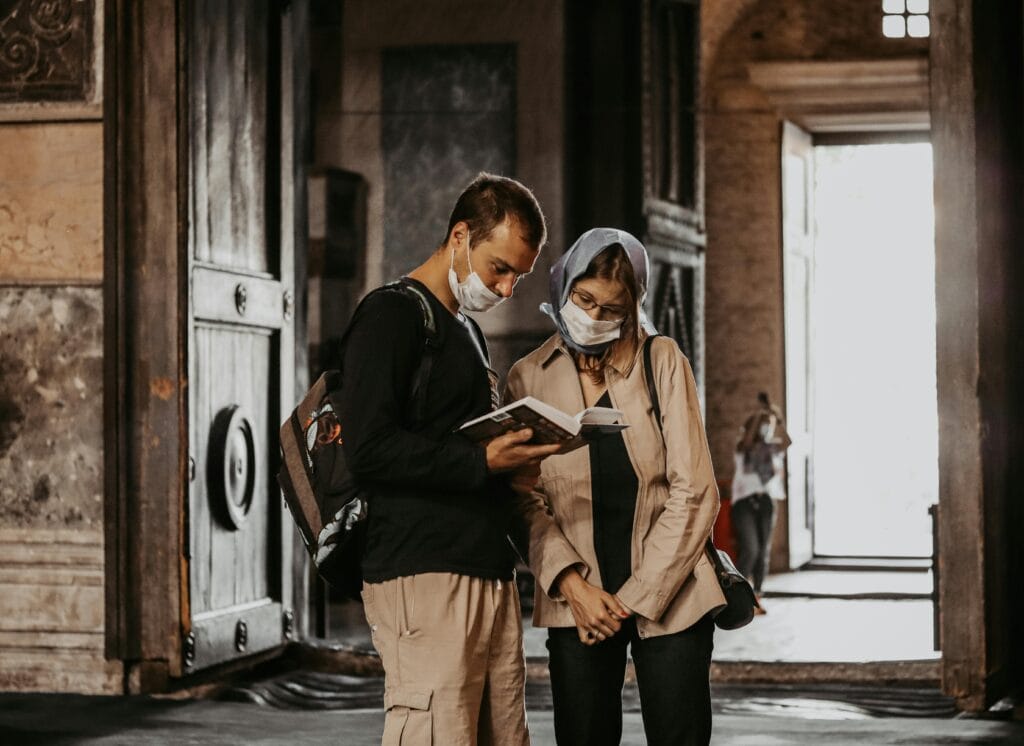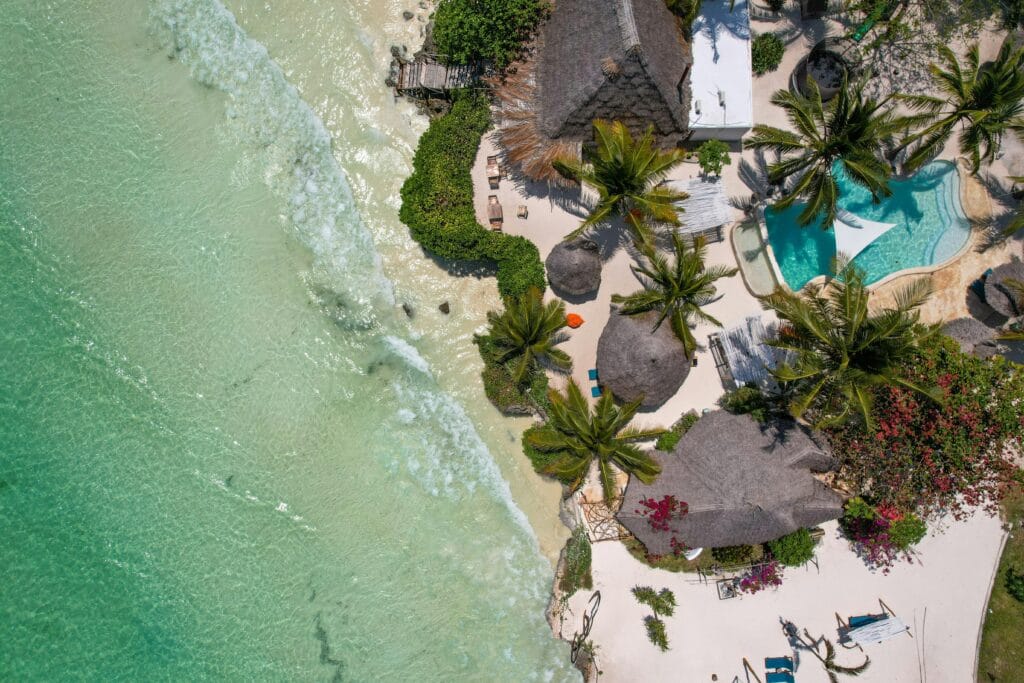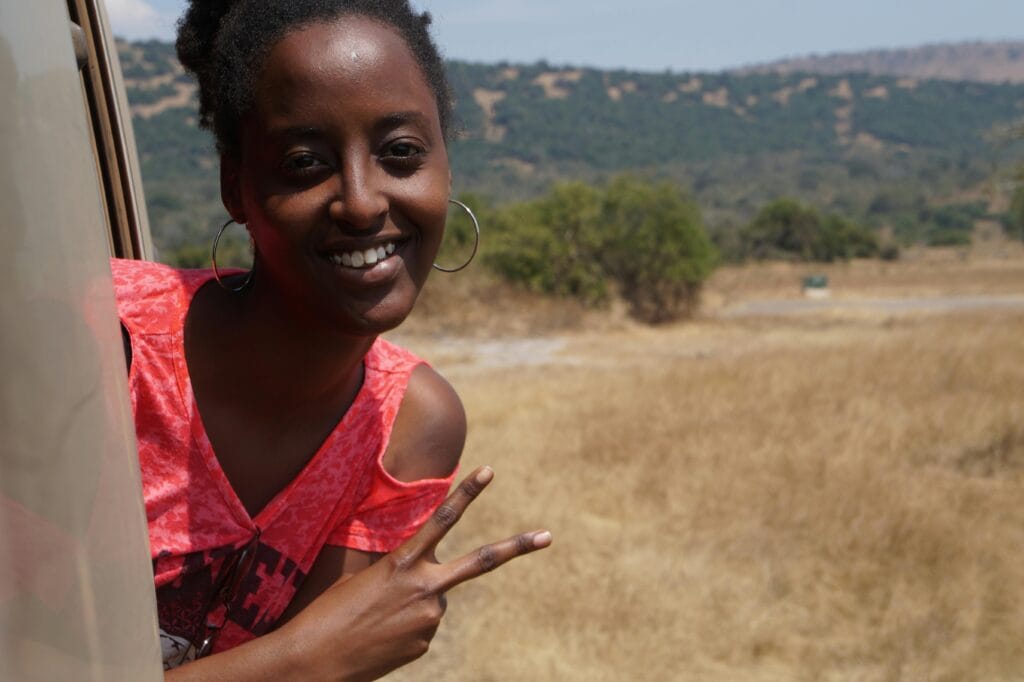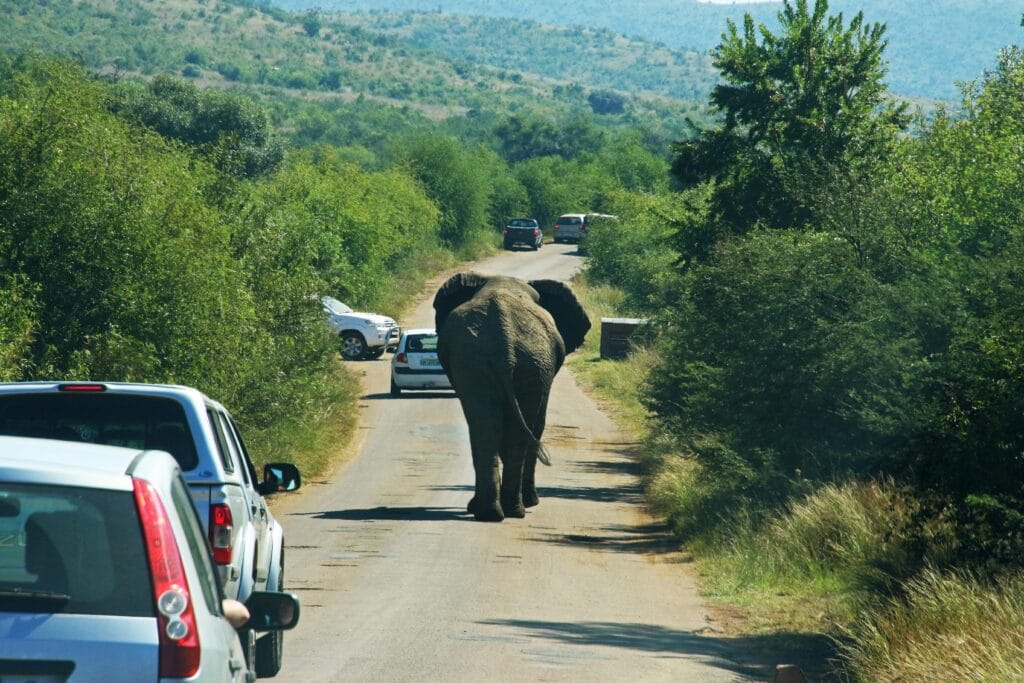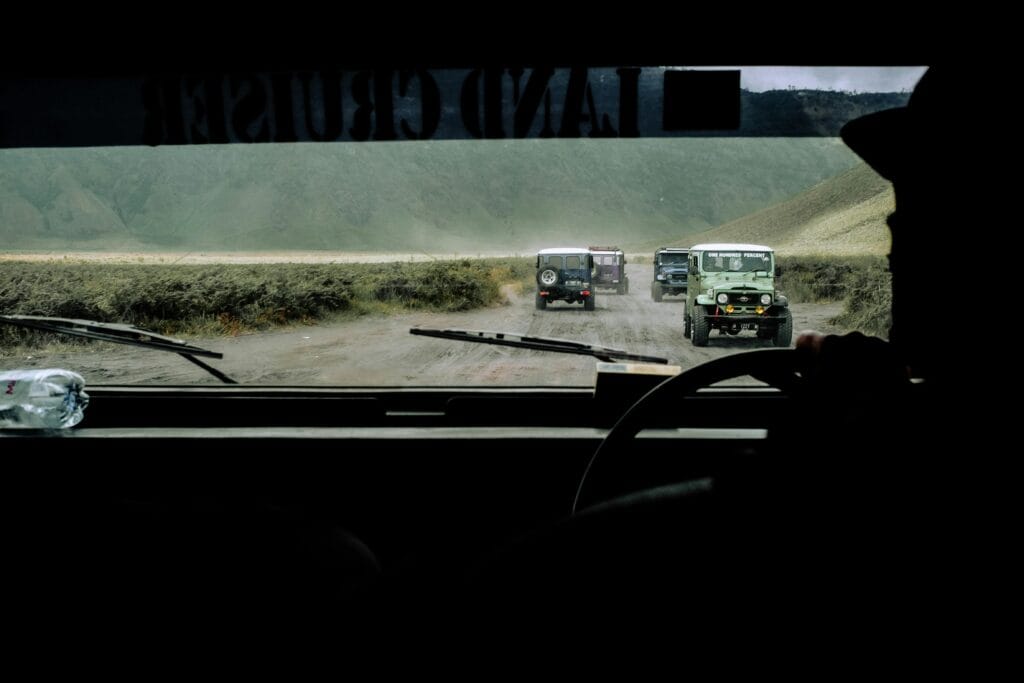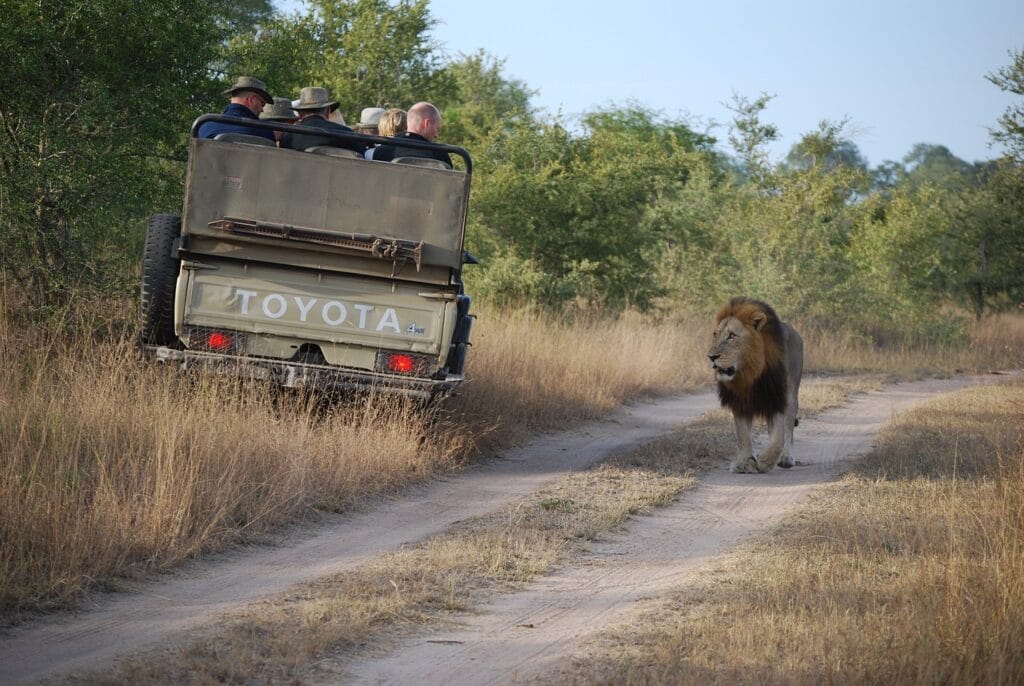Conserving culture through tourism
Tourism has the power to preserve cultural heritage and create lasting connections between travelers and local communities. In Tanzania, this is evident in the ways that cultural tourism fosters respect for traditional practices, supports artisans, and sustains historical sites. Customize your Tour Promoting Local Artisans and CraftsmanshipTourism provides a platform for local artisans to showcase their skills and sell handcrafted goods. Visitors often seek authentic souvenirs, from intricately woven baskets to vibrant Tanzanian fabrics. Purchasing these items supports local economies and helps artisans preserve their traditional methods, which might otherwise fade in a fast-changing world. Sustaining Historical SitesTanzania’s cultural landmarks, such as the ancient ruins of Kilwa Kisiwani or the bustling alleys of Stone Town in Zanzibar, benefit from tourism revenue. Entrance fees and guided tours contribute to maintaining these locations, ensuring they remain preserved for future generations. Travelers visiting these sites also gain insight into Tanzania’s rich history, fostering a deeper appreciation for its heritage. Empowering Indigenous CommunitiesCultural tours, like visits to Maasai villages or Hadzabe hunter-gatherer settlements, empower indigenous communities by creating economic opportunities. These interactions also allow travelers to learn about unique lifestyles and traditions, promoting cross-cultural understanding. Responsible tourism ensures that these communities maintain control over how their stories are told and shared. Celebrating Festivals and EventsAnnual events like the Mwaka Kogwa Festival in Zanzibar or the Serengeti Cultural Festival highlight Tanzania’s diverse traditions and bring communities together. Tourism amplifies these celebrations, making them global attractions while preserving their cultural significance. Encouraging Cultural ExchangeTourists participating in cooking classes, dance workshops, or storytelling sessions become part of a cultural exchange. These activities create meaningful connections between visitors and locals, allowing both to gain a broader perspective on the world. Guidelines for Ethical Cultural TourismFor cultural tourism to thrive responsibly, travelers and tour operators should follow these best practices: Respect local customs and traditions, observing guidelines provided by communities. Avoid exploiting cultural performances or artifacts for personal gain. Choose tour operators that prioritize community benefits and cultural preservation. Support authentic experiences led by locals. Tourism at its best serves as a bridge between the past and the present, ensuring that Tanzania’s cultural heritage continues to thrive. Future African Safari takes pride in crafting tours that celebrate and protect these traditions, offering travelers the opportunity to contribute to the preservation of Tanzania’s rich cultural tapestry. Customize your Tour Kilimanjaro 3 tours Safari 9 tours Zanzibar 3 tours


